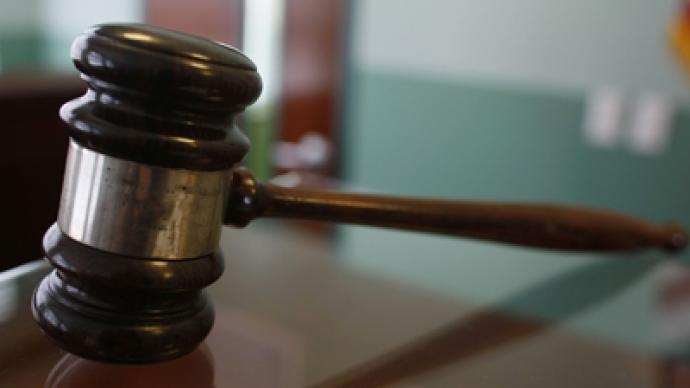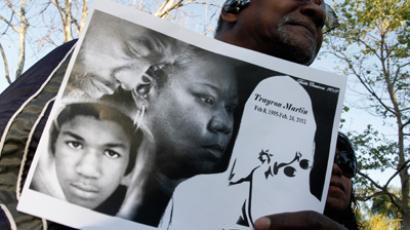Supreme Court to review anti-racism voting law

The US Supreme Court is taking a new look at the Voting Rights Law to determine if it is constitutional. To prevent discrimination, the law requires some states to secure federal approval before changing local election laws.
While the Voting Rights Law of 1965 was necessary in the civil rights era, the affected states have begun to demand control over their own elections.The measure outlaws discriminatory voting practices and gives the federal government the power to oversee elections in states where racial discrimination at the poll booths was once a problem. These states must have any changes in their voter legislation approved by the Department of Justice or the federal district court in Washington before they can go into effect. They must also prove that the proposed changes do not discriminate against minorities.The oversight provision applies to Alabama, Alaska, Arizona, Georgia, Louisiana, Mississippi, South Carolina, Texas and Virginia, as well as select counties in a number of other states.But some of these states, most of which are in the South, have argued that their governments are no longer discriminatory and do not need to be so tightly controlled by Washington. They have appealed to the Supreme Court to take another look at the Voting Rights Law to determine if it is unconstitutional.Congress recently examined cases of racial discrimination against African-Americans in some of these states and determined that federal oversight is still necessary. The Supreme Court could make a decision as early as Monday on whether the provision is constitutional and still necessary.Congressional research includes findings of hundreds of cases of voter discrimination in the affected states since 1982, which could impact the decision. One such case involved a redistricting decision in Alabama that caused an African-American candidate for city council to lose an election he had already won. Ernest Montgomery ran for the Calera City Council in 2004, winning in a district that was more than 70 per cent black. After his win, the city redrew its district lines, making the population only 23 percent black. Montgomery lost his re-election bid in 2008 as a result of the redistricting.“I think things have gotten a lot more leveled out, but we’re not to the point we need,” Montgomery said.But overall, Chief Justice John Roberts Jr. in 2009 said the states had drastically improved voting conditions since the civil rights era, and shown evidence of higher minority turnout rates at the polls.“Things have changed in the South,” he wrote in 2009 after the court examined the law. “Voter turnout and registration rates now approach parity. Past success alone, however, is not adequate justification to retain the preclearance requirements.”Roberts also stated that “the Act imposes current burdens and must be justified by current needs.” These needs will be weighed by the court in the upcoming days. If no adequate needs for federal oversight exist, then the provision could be ruled unconstitutional. If the congressional research showing cases of racism convinces the Supreme Court that discrimination may still affect the elections, then the provision is likely to be upheld.














